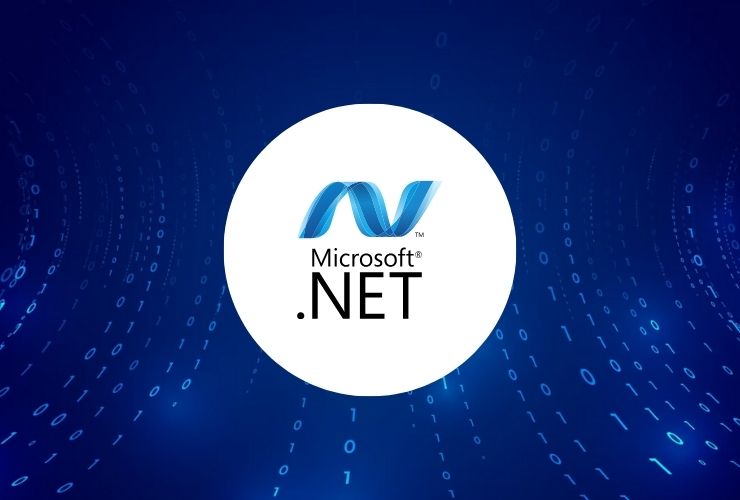There comes a point when you have to make a decision on what framework to use for your next application, and this decision can get rather overwhelming. Countless options are out there, all with their own strengths and weaknesses. In this article, we will try to compare .NET with a few of the most popular development frameworks by weighing the pros against the cons to help decide which to use and why.
What is .NET?
.NET is an open-source framework developed by Microsoft to run applications on various platforms. You will be able to develop web applications and mobile apps, desktop applications, and even microservices with .NET. Strongly integrated into the rest of Microsoft’s ecosystem, it’s extremely popular.
Now, let’s see how .NET compares with other leading frameworks such as Java, Python, and Node.js.
Pros of .NET
1. Cross-Platform Compatibility
The greatest strength of .NET lies in its cross-platform compatibility, specifically with .NET Core, because the developers can run applications seamlessly over Windows, macOS, and Linux. This should make it easier for businesses to reach more people without concern about such platform issues as compatibility.
2. High Performance
.NET is very fast and the latest updates in .NET 5 and .NET 6 are really high performance. It’s designed to be fast, scalable, and efficient especially at the enterprise level. Applications on .NET can take up high traffic because of tools such as Just-In-Time (JIT) compilation and advanced garbage collection.
3. Robust Ecosystem
It has a rich set of libraries, frameworks, and tools which make it easy to develop. .NET is well interoperable with Microsoft technologies such as Azure, SQL Server, and Visual Studio, that provides an easier development process for the developers. Among these, the most popular one would be the Visual Studio IDE, which has some incredible debugging and testing tools.
4. Security
The built-in security features in .NET include encryption, authentication, and authorization. The capability of securing sensitive data in enterprise applications by these features is quite crucial along with the fact that industry standards are met.
5. Rich Development Community
The .NET community is vast and very active, providing developers with an enormous amount of resources, documentations, and third-party libraries. As a developer starting out or with years of experience, you are sure to find enough help from the .NET community.
Cons of .NET
1. Windows Dependency (Pre-.NET Core)
The earlier versions of .NET were more attached to the Windows platform. This was not so attractive for developers who wanted to build an application that was cross-platform. Microsoft has overcome this limitation with the introduction of .NET Core.
2. Steep Learning Curve
.NET is a powerful framework with a lot of features, making it hard to learn for starters. The learning curve can be steep, especially if you come from a different programming language or framework. Once you get used to it, however, .NET provides a most efficient and powerful development environment.
3. Less Flexible for Rapid Prototyping
While .NET excels in large-scale applications, it might not be quite as flexible or fast in rapid prototyping against the likes of Node.js or Ruby on Rails. There may be other frameworks that are better suited if you quickly need to build a simple application or MVP.
Comparing .NET to Other Frameworks
.NET vs Java
Java and .NET have been in contention for decades within the enterprise space. Both are robust, high-performance, and highly adopted. However, .NET tends to integrate really well with other Microsoft products, making it the most obvious choice for businesses on the Microsoft ecosystem. Java, by comparison, has a much more mature ecosystem for enterprise development and is therefore applied in large doses across all other industries.
.NET vs Python
Python is one of the simplest and most versatile languages, a surefire fit for rapid development and prototyping. However, when it comes to raw performance, .NET leaves Python in its dust, especially for large-scale applications. While Python may be a great fit for AI, machine learning, or data science in certain circumstances, enterprise applications requiring high performance usually best fit with .NET.
.NET vs Node.js
Node.js provides non-blocking I/O and is well-suited for real-time apps like instant messaging or browser-based games. However, .NET generally performs better in CPU-intensive applications or applications that have high concurrency. Node.js makes a good choice for developers familiar with the JavaScript language; conversely, .NET should be a good fit for teams already experienced with C# and the Microsoft ecosystem.














